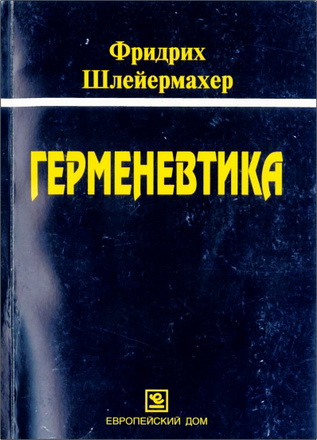
Hardon - Catholic Dictionary - модуль BibleQuote
Hardon - Catholic Dictionary
Image Publishers, 2013. – 576 p.
ISBN-13: 978-0307886347
eISBN: 978-0-307-88635-4
The need for a modern Catholic dictionary seems obvious. Much has happened in the Catholic Church since the opening of the Second Vatican Council in 1962. The council itself was a historic event whose sixteen documents, confirmed by Pope Paul VI, have deeply influenced the thinking of all the faithful. As a result, new words and expressions have entered the Catholic vocabulary, and old terms have taken on a fresh and more profound meaning.
Moreover, the world in which the faithful live has undergone major changes, some would say among the most profound in Christianity since the apostolic age. Secularism is no longer a mere theory; it is the chosen way of life of large segments of Western society. Marriage and the family are on trial for their existence; abortion and now euthanasia are being legalized in one country after another. This has placed a grave strain on Catholicism, and the effects are showing across a wide spectrum of thought and practice, again with corresponding impact on the language of people who "instead of the spirit of the world," as St. Paul says, "have received the Spirit that comes from God."
No dictionary is ever complete, and the present one makes no claim to comprehensiveness. There are too many terms in what may be called the Catholic vocabulary to even cover them all, let alone give an extensive treatment of each one. This is plainly to be a dictionary and not an encyclopedia. Yet, unlike other lexicons, a Catholic dictionary should be more than a mere listing of definitions. It cannot, in the name of objectivity, remain neutral on things on which the Catholic Church has an established position. Otherwise it would not merit being called Catholic.
Many terms have been included from psychology and the social sciences—but always defined (or described) from a Catholic point of view. They were included because they underlie distinctively Catholic principles, or in order to indicate how the Church understands the world in which her faithful live and are working out their salvation.
All the while, however, the main focus of the dictionary and the bulk of its contents are definably, even exclusively, Roman Catholic. An effort was made to include every significant concept of the Church’s doctrine in faith and morals, ritual and devotion, canon law and liturgy, mysticism and spirituality, ecclesiastical history and organization.
Special attention has been given to the Second Vatican Council and the most important documents that explain the conciliar teaching.
* * *
EVANGELIST
In general, a proclaimer of the Gospel. The New Testament uses the term to describe a traveling missionary (Acts 21:8; Ephesians 4:11; and II Timothy 4:5). As such, it denotes a function rather than an office. Since the third century an evangelist has come to mean principally one of the writers of the Gospels: Matthew, Mark, Luke, and John.
IMMORTALITY
Freedom from death or the capacity to decay and disintegrate. Absolute immortality is possessed by God alone, who has no body and whose spirit is eternal by essence. He cannot not exist; he always has been and must be. Natural immortality belongs to all spiritual beings, namely the angels and human souls, who are created indeed and therefore begin, but since they are simple by nature and have no parts, they will not die, although absolutely speaking, they could be annihilated by an act of God. Gratuitous immortality is a special grace, given originally by God to the ancestors of the human race and restored by Christ as a promise after the last day. It means freedom from bodily death and from separation of the soul from the human body.
MORALITY
Relation between a human act and the final destiny of a human being. It is the norm of behavior that flows from each person’s ultimate end, which is the possession of God in the beatific vision.
Depending on what is conceived to be this final destiny, morality will be determined accordingly. Since Catholic Christianity believes that this destiny is heaven, a human act is either good or bad according as it leads a person to or away from his or her heavenly goal. The moral norm of human acts, therefore, consists in their aptitude at leading one to that end. Such an aptitude cannot be created by the human will, nor is it entirely at the disposition of some arbitrary divine freedom. It flows necessarily from the nature of God, from the human nature elevated by grace, and from the nature of the acts themselves. Hence the norm of morality contains precepts that transcend every legislative will. The acts related to them are said to have an intrinsic (essential) morality of good or evil. Extrinsic morality, on the other hand, is external to this built-in relationship between action and purpose; they depend exclusively on the free dictate of the legislator.
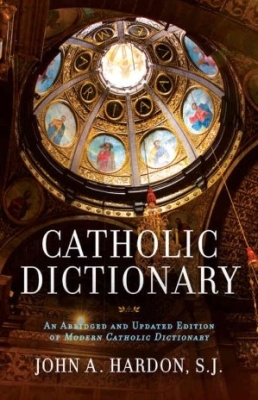
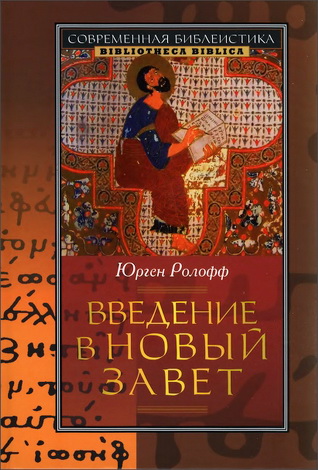
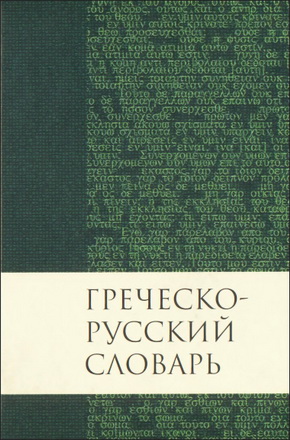

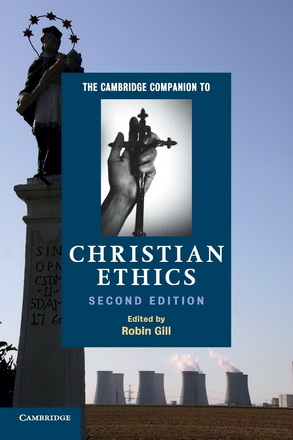
Комментарии
Пока нет комментариев. Будьте первым!